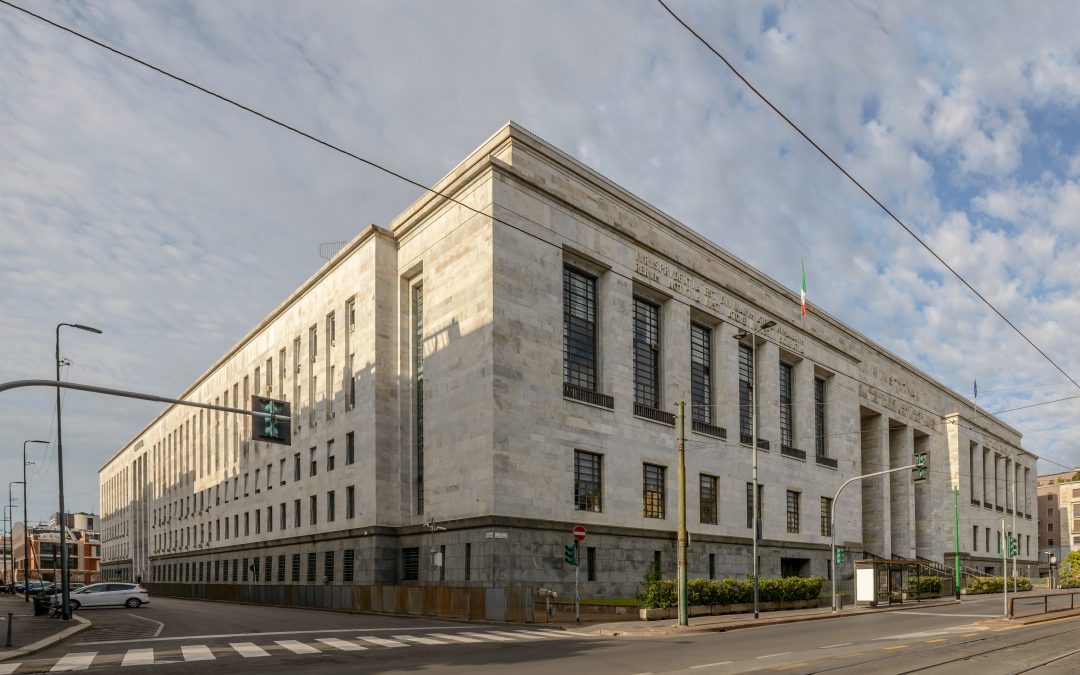On 29 April 2022, the Court of Bari made its decision regarding a Nigerian asylum applicant whose international protection claim was rejected. The Court considered that there was no evidence to suggest that the applicant would be persecuted if returned or the level of indiscriminate violence that he would face reaches a threshold necessary for the grant of subsidiary protection.
Although the Court did not find that the applicant qualified for international protection, it subsequently considered the right to humanitarian protection. Referring to the applicant’s situation and his application for a renewal of a residence permit for medical treatment, the Court considered that a permit for “special cases” was the relevant permit to consider in the present case. In this regard, the Court referred to the applicant’s presentation of medical certificates which outlined his diagnosis of post-traumatic stress disorder, chronic daily headaches related to abuse and prescriptions for specialist treatment based on antidepressants, anxiolytics and hypno-inductive drugs. It furthermore referred to the Supreme Court’s jurisprudence requiring an individualised assessment of all facts and circumstances of an applicant in light of their vulnerability for the purpose of protection on humanitarian grounds.
Applying this to the case at hand, the Court found that the applicant had demonstrated his extreme vulnerability through up-to-date and reliable information and in light of the pathologies he was suffering from and the need for constant care and treatment. It thereby determined that a return resulting in the forceful and sudden interruption of therapies would further aggravate his state of health and infringe his right to private life under Article 8 of the ECHR. The Court lastly noted that it was relevant to take into account that the applicant had begun a path of progressive integration into the Italian socio-economic field which therefore increased the impact of a return on the applicant’s private life and dignity. In light of the foregoing reasons, the Court recognised the applicant’s right to a residence permit for “special cases” due primarily to his ongoing health issues.
Based on an unofficial translation from within the EWLU team.

